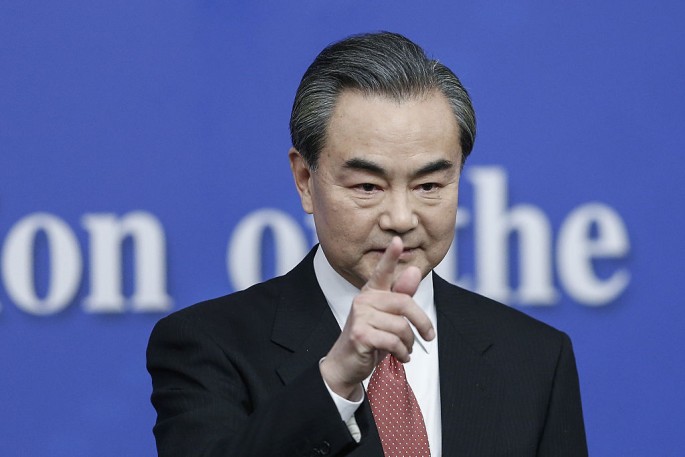Chinese Foreign Minister Wang Yi reiterated on Friday, March 11, China and Russia's commitment to pursue the reopening of Six-Party Talks to help the denuclearization process on the Korean Peninsula, according to an article by China Daily.
"The United Nations Security Council Resolution 2270 should be fully implemented, which would, on the one hand, block further development of the Democratic People's Republic of Korea's (DPRK) nuclear programs, and on the other hand, should not have impact on its people and humanitarian need," said Wang at a press conference held shortly after his meeting with Russian Foreign Minister Sergei Lavrov.
To help resolve the conflict, actions that might provoke intense situations on the Korean Peninsula must be avoided by all relevant parties.
The resumption of the Six-Party Talks, which involves the Republic of Korea, Russia, China, DPRK, Japan, and the United States, must also be prioritized by all the members of the United Nations Security Council.
The U.N. Security Council resolution must be the means to the end, said Wang. Any unauthorized unilateral sanctions imposed beyond the resolution must be considered with great caution. All nations involved in the conflict are also advised to keep tensions low to keep things under control.
Through playing an active role in promoting peace mechanisms and the denuclearization process on the Korean Peninsula, China shows its commitment and responsibility in the region, said Wang.
"Any ideas with different sides should speak out their own suggestions, and China is ready to listen to voices from other sides in working out the detailed and practical schemes concerning the nuclear issue," noted Wang.
Aside from agreeing on the Korean Peninsula's denuclearization, Wang and Lavrov agreed that the possible deployment of the U.S.' Terminal High Altitude Area Defense (THAAD), an anti-ballistic missile system, may have repercussions that will sabotage the strategic balance in the region.



























